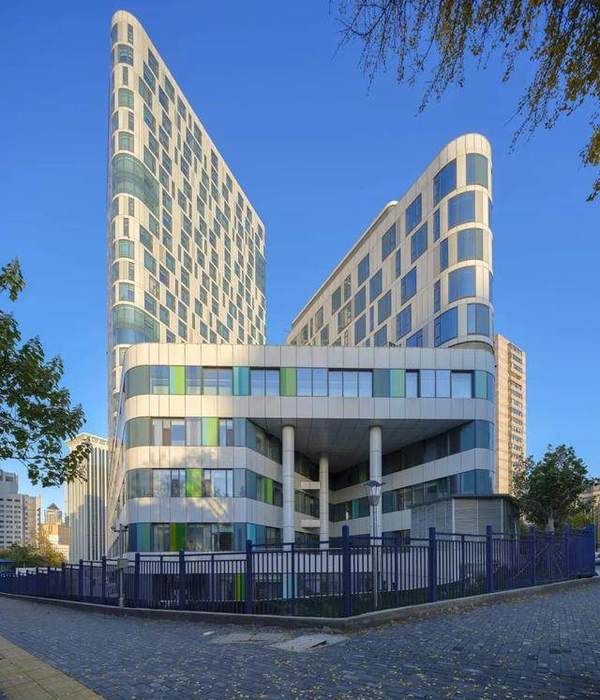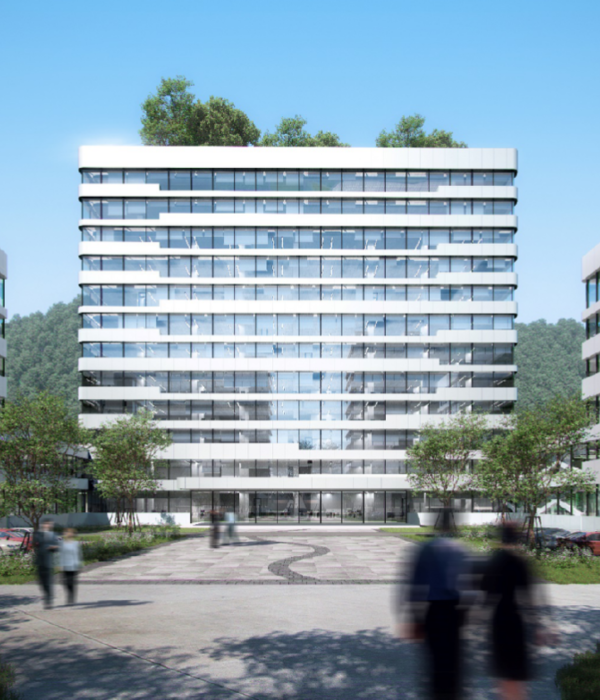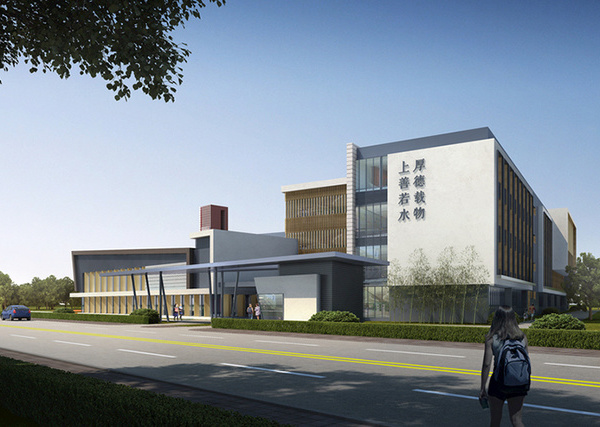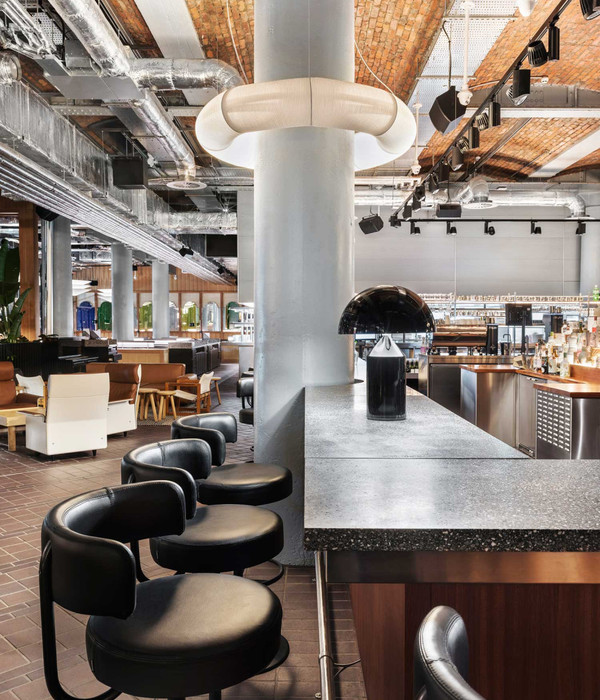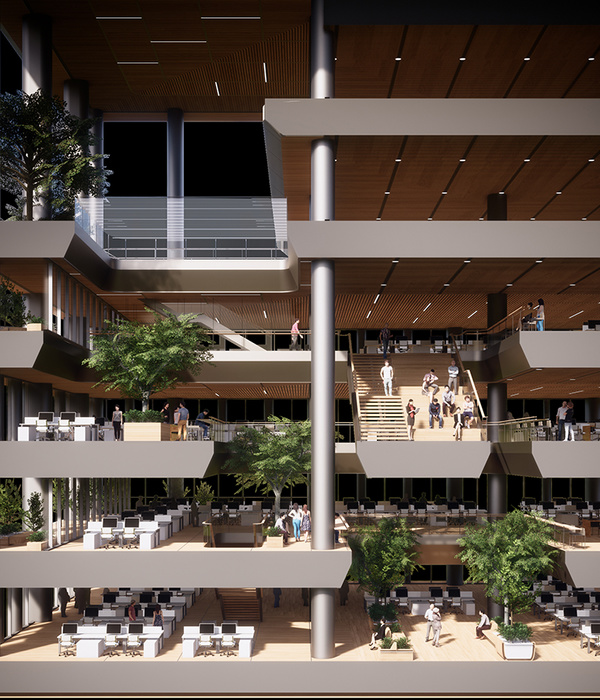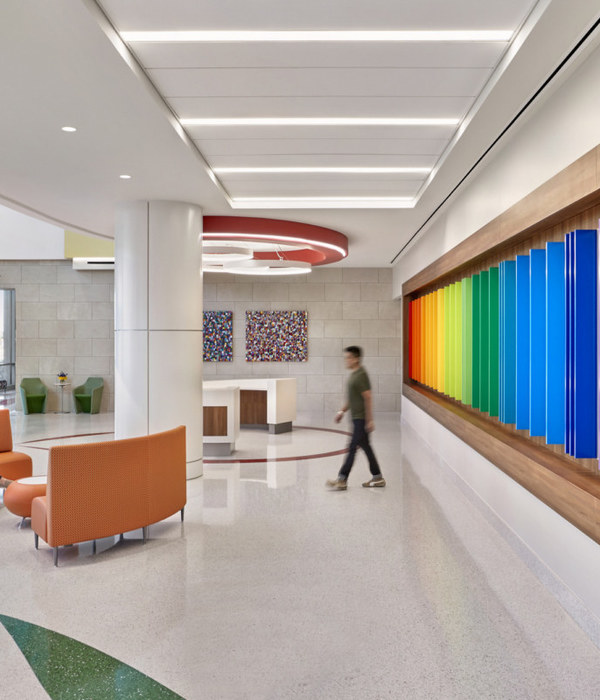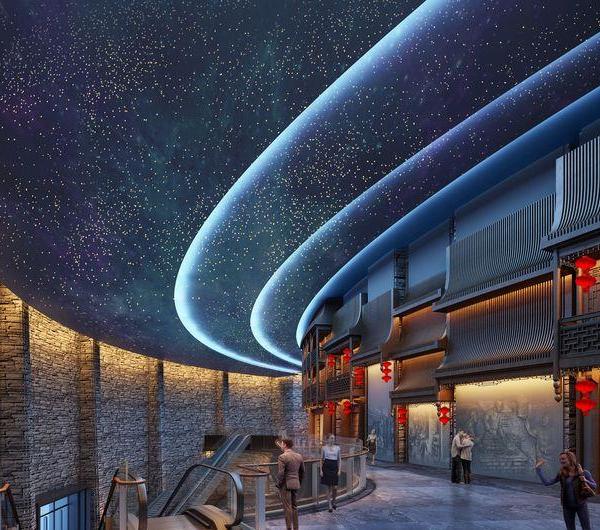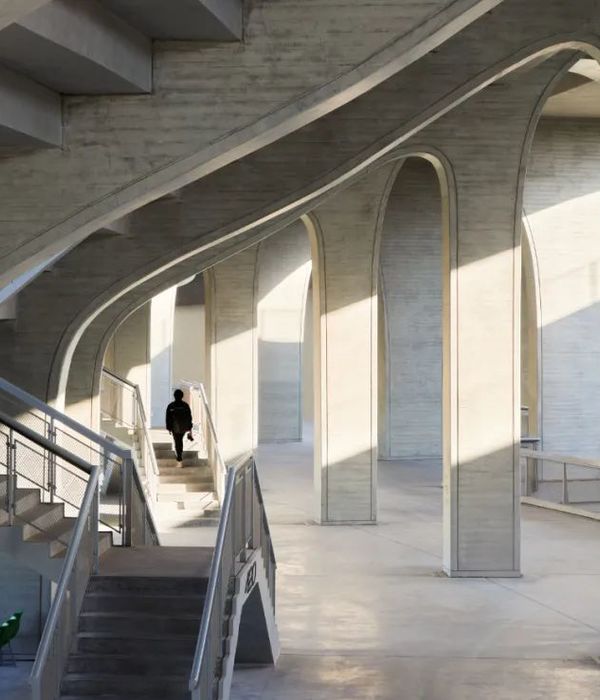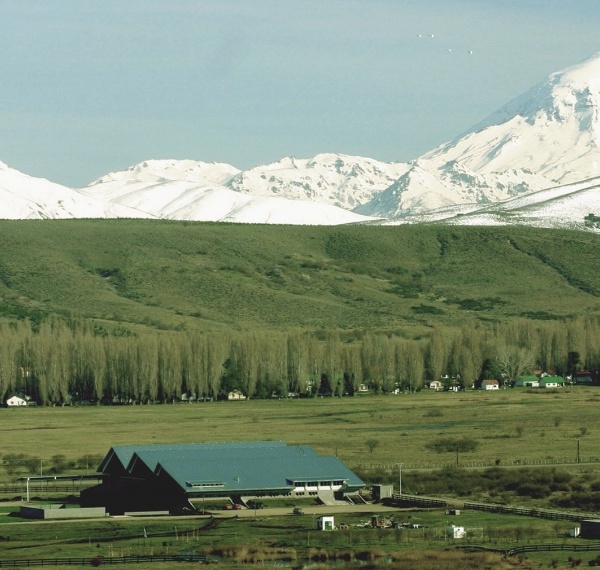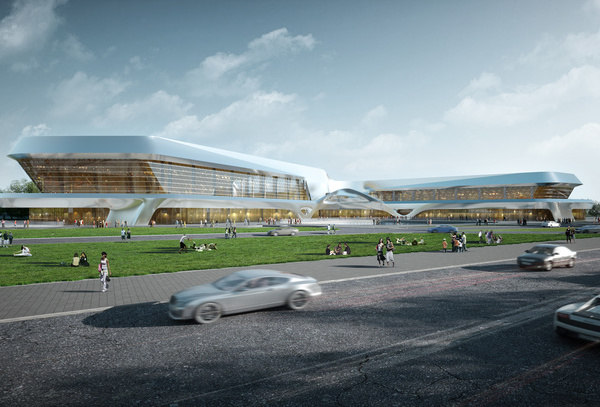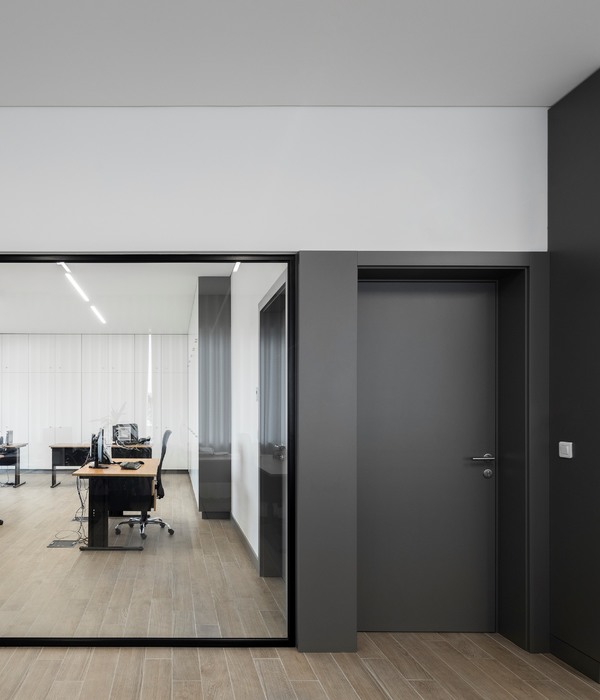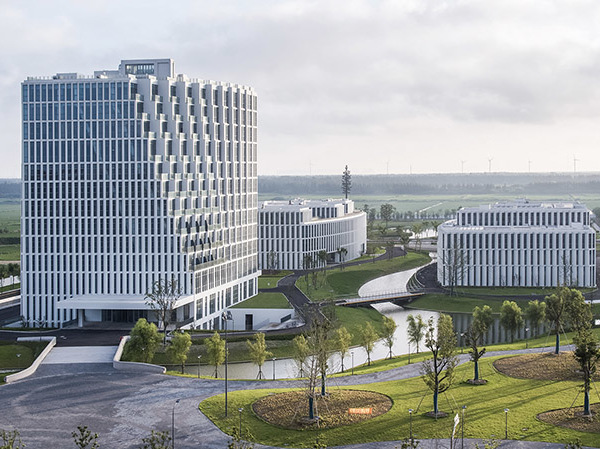The Centre national des arts du cirque (Cnac), based in Châlons-en-Champagne since 1985, is concentrated on the historic 19th century circus site. The French government and local authorities have undertaken an overall renovation and extension project so the Cnac can expand its activities. In July 2006, the French government purchased a parcel (land and existing buildings) that the La Marnaise Agricultural Cooperative was forced to sell due to security concerns - the grain silos were located too close to a very busy road. Following a project management competition launched in late 2010 by the OPPIC, acting on behalf of the Ministry for Culture and Communications, the project was awarded to Marseille-based firm § Caractère Spécial, in partnership with NP2F architectes. SITUATION The project consists of extending the Cnac onto the fallow farmland of the La Marnaise Agricultural Cooperative site (roughly 20,000 sq. m). The Cnac is currently located in the historic Châlons-en-Champagne circus, just a few hundred metres from the silos. With the project now completed, the two sites now complement one another. The architects chose not to demolish anything, and instead to renovate the existing buildings and leave the open areas for the fairground activities traditionally associated with the circus. This involves: creating a new building, the "school building", between the Rousseau silo and the northern hangar and renovating the existing silos; creating a 13-unit student housing building at the corner of the Rue de l'Industrie and the Avenue du Maréchal Leclerc; reusing some of the existing roads and exterior fittings. PROJECT In order to affirm their presence and their role within the town, the school building and housing are fitted into previously empty spaces. The location and design of these volumes forms an extension of the existing buildings, recreating a façade along the site, aligned with the northern hangar. The programme A circus school should foster interactions on a general level, and more specifically between the different site users: technicians, administrative staff and students. The compact school building is organised around three areas: • administration / teachers • class / music / theatre / dance rooms • other spaces (students / sauna / dressing rooms) School building and housing façades In order to successfully integrate the different buildings and visually unify all of the Cnac buildings with the northern hangar and the Rousseau silo, the façades of the school building and housing are made of natural coloured Eternit-type fibre cement, with caisson rafters supporting undulating plaques of fibre cement. Rather than defining itself in opposition to the existing buildings, the project extends them, echoing their materials and forms. Eternit was chosen to restore the reputation of a cheap material. A concrete frame The frame, with its archaic beauty, was designed in a studio and prefabricated on site: the corners, support and assembly pieces and connectors are all virtually identical so the moulds could be reused. The concrete assemblies were designed as monolithic blocks, with no other materials visible, thanks to saddles hidden inside the concrete elements. The concrete frame supports the structure, leaving its full volume open. No maintenance will be required.
{{item.text_origin}}

